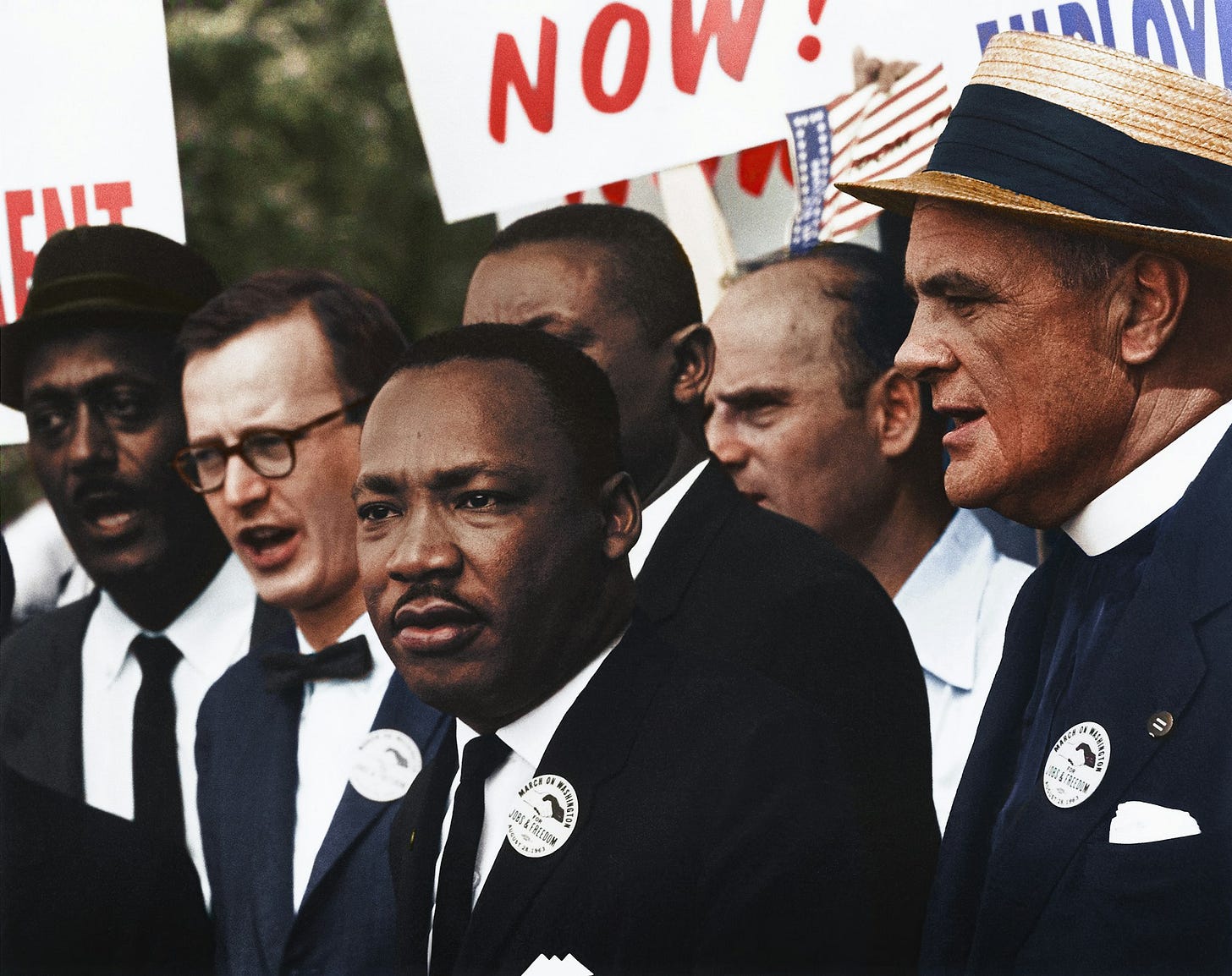Remembering History: We Can't Forget to Tell the Whole Story

February is Black History Month.
In spite of what some people might think, there's a reason why it's important to take time to look back and remember certain parts of our horrible histories. As the saying goes, those who forget the past are doomed to repeat it.
Given how hateful rhetoric has only grown more and more extreme over the past decade or so, both in the United States and here in Canada, it is more important than ever to keep this truth in mind.
While I often focus on LGBTQ+ issues in my writing - being part of the community myself - I also want to emphasize the importance of intersectionality in activism. Minority groups standing in solidarity are stronger, louder, and better able to apply pressure than if we were all standing alone.
Very few of us only belong to one marginalized group. Black and Indigenous LGBTQ+ citizens get an even harder time than the rest of us, and it gets even worse when you throw disability and sexism into the mix.
Bigotry compounds like interest on a loan.
Intersectionality: Why You Can, And Should, Care About More Than One Thing
That being said, there are a few points that I think tend to get lost around this time of year. We get so caught up in the history of slavery, of pain and oppression and suffering, that we almost ignore a fundamental truth.
Black history month is not just about the negative. Black history is American history. It's Canadian history. It's the history of every country.
It's human history.
Black history goes back thousands of years, and it spans cultures and societies. It expands beyond colonization, with unique art, knowledge and belief systems that we so rarely get to learn about in our schools- at least in my experience.
Yes, we should talk about the history of oppression. It's important to understand the horrors of the past, and why it's vital that we never allow our society to go down that road again. We need to be aware of the rights that were fought for and why they were needed, and why they must be preserved.
But we should also be sure not to allow the horror to overshadow the joy that came before. We should talk about further back in time. We should talk about the thriving world outside of our borders, outside of the limited realm of colonial influence.
And, also, we should talk about the individual stories of people who lived through the hard times. Not just about the civil rights marches, but what life was like at home. Even in bad times, humans find ways to keep going and keep experiencing love and connection and hope.
We have a tendency to only view Black History Month through the lens of what colonization has destroyed. Essentially, we only look at it through the so-called White Gaze.
Understanding The White Gaze And How It Impacts Your Workplace
I think we can do better than that. And at a time when stereotyping runs rampant, when bigotry is on the rise and prejudiced people continually dehumanize and degrade people of color, that shared humanity is more important than ever to emphasize.
In this white lady's humble opinion, we should be thinking about ways to minimize oppression year-round, not just in February. Black History Month should be about educating ourselves, and about sitting down to hear the whole story.
Solidarity wins.



